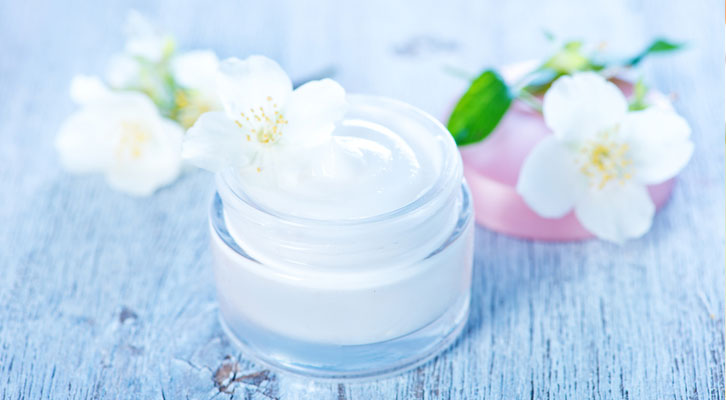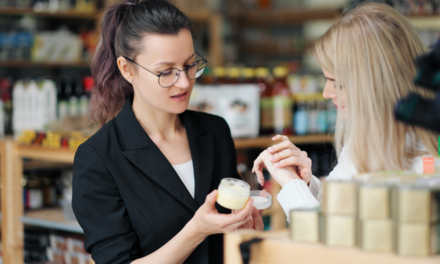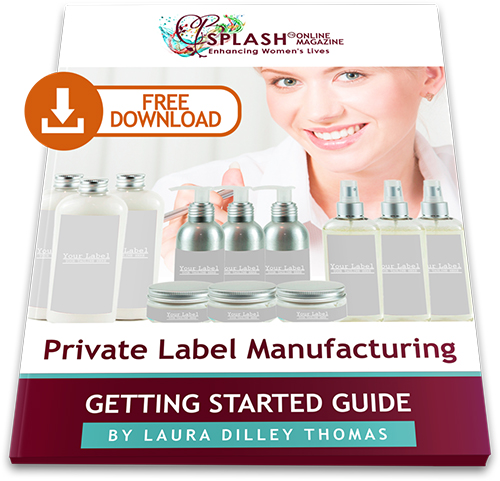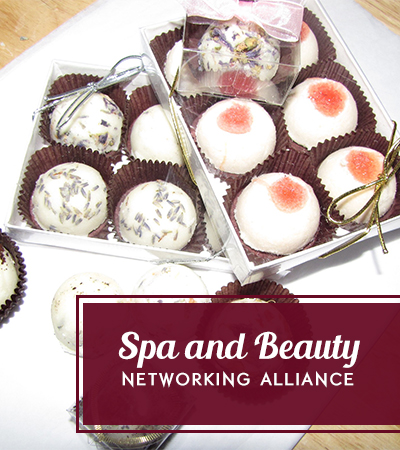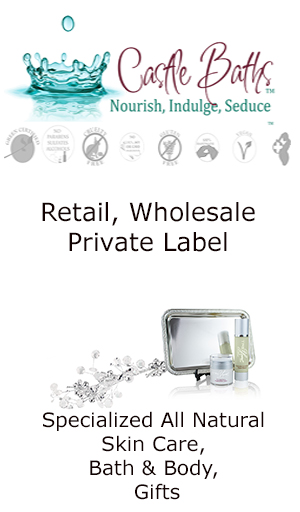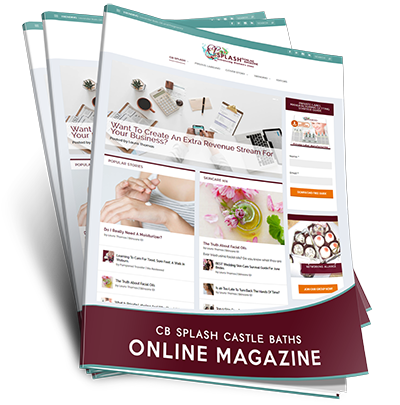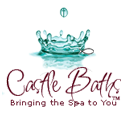Myth #1 – The Retailer Who Offers A Store Brand Makes The Product Themselves
It is a common misconception that a retailer who offers their own store brand also is manufacturing it themselves. For example, many people who shop at the drugstore CVS, see the “CVS Health Sunscreen” on the shelf, and assume it was produced by CVS. Guess what? In the case of store brand personal care products and food products, this is almost never the case. The retailers contract out to the production of such products to third party manufacturers. In many cases it is the exact same manufacturer who makes the name brand!
Myth #2 – Private Label Products Are Always Sold At A Cheaper Price
False. Today private label production has evolved to include exclusive, high end products produced for the premier luxury market. Private label manufacturers are able to create custom, signature products for their clients that use high quality ingredients and unique formulas that elevate their brand and help set them apart from their competition.
Myth #3 – Private Labeling Will Cheapen My Brand
Totally not true! As mentioned above, today private labeling gives you the ability to create custom, high quality, exclusive products that your customers will not be able to find anywhere else. As a business owner, you are able to control your brand image and the marketing of your products.
Myth #4 – Private Labels Are Generic & Of Lower Quality
What exactly does one mean by the word “generic?” Many people identify the word generic to mean of lower quality. Others might see it as a copycat brand.
There are really three types of private labeling: generic, copycat, and premium. Real quick let me give you a simple explanation of the differences.
Generic products are mass-produced with low quality to no quality ingredients with a simple label and available in all stores. These generic products are sold very cheaply. The manufacturer usually has taken out any high quality ingredients and replaced them with inexpensive filler ingredients in an effort to lower the cost and be able to sell the product at bargain basement pricing. You get what you pay for!
Copycat brands are products re-produced under another brand name, but use exactly the same ingredients as the brand name products. Because they can be mass produced, the copycat brands are able to sell at a slightly cheaper price. A prime example is Kellogg’s Fruit Loops whose copycat is Frooty Loops – the store brand version that tastes and looks identical to Kellogg’s product but with a different name and slightly cheaper price.
The store (value) brand is mass produced for reduced cost and the manufacturer provides no customer service. Meaning the store must design, print, and apply its own label. Copycat brands are priced for value, usually discounted because you bought in bulk mass.
Premium private label products are high quality, unique products made exclusively for a company or brand using custom ingredients and formulations that can’t be found elsewhere. This is the “top shelf” of brands. It comes with distinctive packaging, which is a far cry from bland, generic, or copycat packaging. To develop such customized products, scents, and packaging requires retailers to partner with the best manufacturers available.
Premium private label products are high quality, unique products made exclusively for a company or brand using custom ingredients and formulations that can’t be found elsewhere.
An example of premium private labeling is Bliss beauty products. Bliss Spa is a service company that has spa locations all over the country. They worked with an outside beauty product manufacturer to create a line of private label spa products under the Bliss name to sell alongside other high end luxury spa products in their salons. They are able to sell their namesake products at a slightly lower price than the branded luxury products.
Bliss then partnered with hotel chains such as W hotels where their private label products are used to fill the hotel bathrooms. You can now also find their private label line of products in such beauty stores as Sephora and Ulta.
This is a great example of how Bliss Spa was able to create not just one, but two additional revenue streams using private labeling. The first is selling their signature products in their own salons. The second is then selling more of their name-brand products in other locations. This allows them to expand their brand’s reach to potential new customers who may or may not have a Bliss Spa near them.
Myth #5 – Private Labeling Requires Huge Minimum Orders
One of the most common misconceptions about private labeling is that it requires a huge overhead and that you have to order large quantities of products. Well, this is only partially true.
When you think of private labeling you probably think of big companies, like Wal-Mart or CVS Pharmacy who have lots of money to invest in creating private label products. It is generally true that big chains do require a minimum order of 500 units of a single product. However, there are a few private label manufacturers who do not require such large minimums. Castle Bath is one such manufacturer.
While mass production may be the method utilized by other private label manufacturers our smaller production process ensures premium quality of our products. Your order is charged as wholesale, you receive a 50% off discount. This is easily very affordable and doubles your profits!
Although private label products are typically sold at a lower price than their name brand brethren, some private label brands are now being positioned as premium products, with the higher price tag to prove it.
Myth #6 – Private Label Is Expensive And Only For The Big Retailers
Not anymore! Traditionally, it was true that large scale manufacturers only wanted to work with the big guys because they could mass produce products and make fat profit margins. But today there are private label manufacturers who are willing to work with smaller business owners and produce products in small batches.
Creating products in small batches has many benefits. First, It allows you to test out new products with your customers at a reasonably low cost to you. Once you test your new products in the marketplace and find ones that your customers are crazy for, you can then purchase in higher quantities and increase your profit margins even more.
Second, a manufacturer that is creating small batches has the luxury to use premium ingredients. Large beauty companies that mass-produce their products often hold back on the best ingredients.
Most importantly, small batch created products can have more personalization. You are able to formulate very specific product lines for your customers without breaking the bank. Whereas, for many mass-producers, it can be difficult and costly to have to adjust a collection for every customer need. Put quite simply, it’s much easier for them to mass produce THEIR product and slap YOUR label on it as it comes down the line.
So if you’re a small business owner looking to expand by offering your own custom product line, it’s important to find a private label manufacturer who is willing to work within your budget and quality specifications like Castle Baths.
Blog Series Links
Building New Revenue Streams With Private Label Blog Series
This article is part of a 6 part blog series designed to give you important information about building and expanding your company’s brand with the use of private label products. Learn how you can build additional revenue streams for your business with private label products. You can read the entire series by clicking the links below:
- Want To Create An Extra Revenue Stream For Your Business?
- What Is Private Labeling And Why Should You Care?
- Top 6 Myths About Private Labeling
- Top 8 Benefits To Offering Private Label Products
- Is Castle Baths The Right Private Labeling Partner For Your Business?
- Getting Started With Castle Baths To Create Your Private Label Product Line

